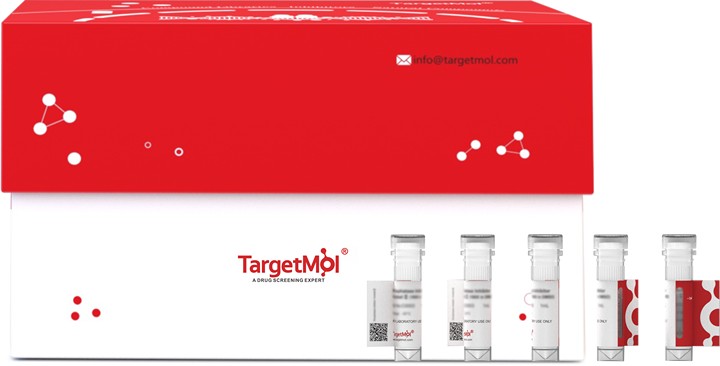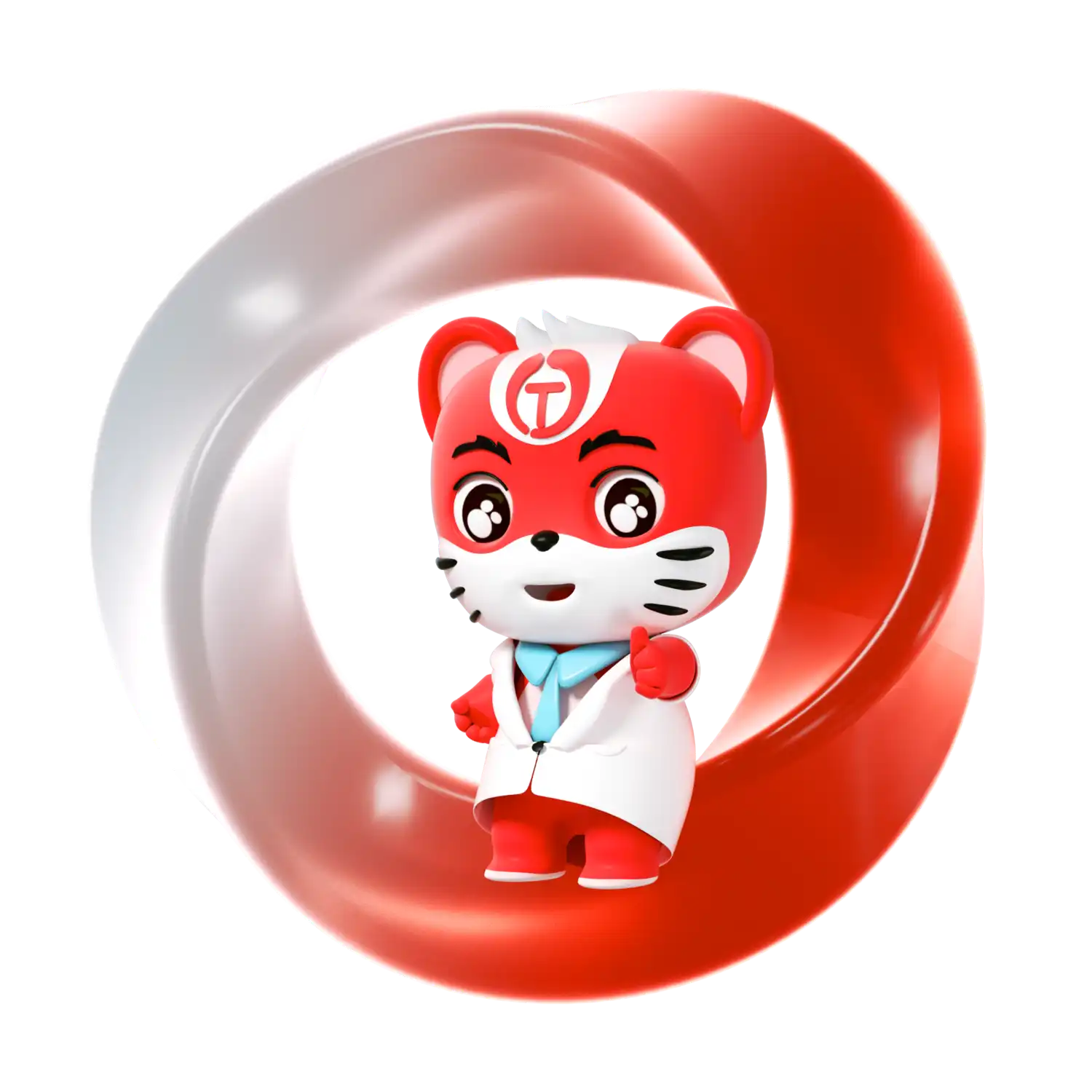购物车
 您的购物车当前为空
您的购物车当前为空
别名 CD152
CTLA-4 Protein, Mouse, Recombinant (mFc) is expressed in CHO Cells. The accession number is Q6GTR6.


为众多的药物研发团队赋能,
让新药发现更简单!
CTLA-4 Protein, Mouse, Recombinant (mFc) is expressed in CHO Cells. The accession number is Q6GTR6.
| 规格 | 价格 | 库存 | 数量 |
|---|---|---|---|
| 5 μg | ¥ 165 | 现货 | |
| 10 μg | ¥ 245 | 现货 | |
| 20 μg | ¥ 382 | 3日内发货 | |
| 50 μg | ¥ 720 | 现货 | |
| 100 μg | ¥ 1,230 | 5日内发货 | |
| 200 μg | ¥ 2,130 | 5日内发货 | |
| 500 μg | ¥ 4,480 | 5日内发货 | |
| 1 mg | ¥ 7,920 | 5日内发货 |
| 产品描述 | CTLA-4 Protein, Mouse, Recombinant (mFc) is expressed in CHO Cells. The accession number is Q6GTR6. |
| 生物活性 | Immobilized Mouse B7-1/CD80 Protein, His Tag at 2.0 μg/ml can bind CTLA-4, mFc, Mouse with EC 50 =12.57 ng/ml when detected by M6 Goat Anti Mouse FC. |
| 研究背景 | CTLA-4 (Cytotoxic T-Lymphocyte Antigen 4) is also known as CD152, is an Inhibitory receptor acting as a major negative regulator of T-cell responses. CTLA-4 is a member of the immunoglobulin superfamily, which is expressed on the surface of T cells and transmits an inhibitory signal to T cells. CTLA-4 and CD28 are homologous receptors expressed by both CD4+ and CD8+ T cells, which mediate opposing functions in T-cell activation. Both receptors share a pair of ligands expressed on the surface of antigen-presenting cells (APCs). The affinity of CTLA-4 for its natural B7 family ligands, CD80 and CD86, is considerably stronger than the affinity of their cognate stimulatory co-receptor CD28. |
| 种属 | Mouse |
| 表达系统 | CHO Cells |
| 标签 | mFc |
| 蛋白编号 | Q6GTR6 |
| 蛋白构建 | Ala37-Phe162 |
| 蛋白纯度 | > 90% as determined by SDS-PAGE |
| 缓冲液 | Lyophilized from a 0.2 μm filtered solution in PBS. |
| 复溶方法 | Reconstitute the lyophilized protein in sterile deionized water. The product concentration should not be less than 100 μg/ml. Before opening, centrifuge the tube to collect powder at the bottom. After adding the reconstitution buffer, avoid vortexing or pipetting for mixing. |
| 别名 | CD152 |
| 内毒素 | < 1.0 EU/μg of the protein as determined by the LAL method. |
| 分子量 | ~54.3 kDa (Reducing conditions) |
| 运输方式 | In general, lyophilized powders are shipped with blue ice, while solutions are shipped with dry ice. |
| 存储 | Upon receiving, this product remains stable for up to 6 months at lower than -70°C. Upon reconstitution, the product should be stable for up to 1 week at 4°C or up to 3 months at -20°C. For long term storage it is recommended that a carrier protein (example 0.1% BSA) be added. Avoid repeated freeze-thaw cycles. |
对于不同动物的给药剂量换算,您也可以参考 更多